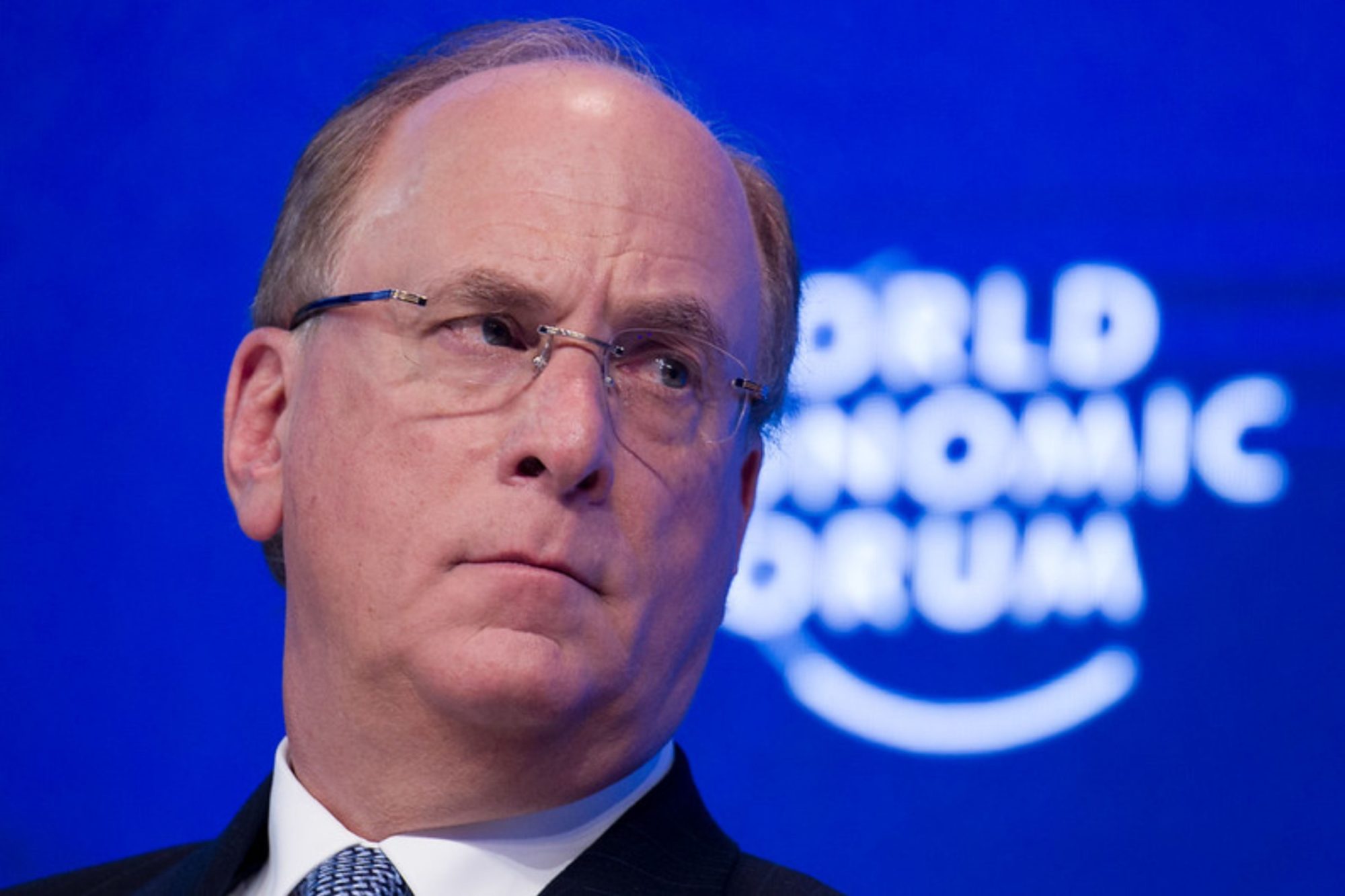Do you ever struggle in your daily routine? Most of us find our routine can burn us out from time to time, but if you’ve been experiencing frequent stress or illness, your work could be to blame. In today’s society, a job is often more than a way of earning money. It’s a part of our identity and sometimes even a lifestyle of its own. This means that many of us will end up doing more hours that we’re contracted to, just in an effort to do our jobs well. Whilst chasing professional success is an admirable thing, it shouldn’t come at the expense of your physical and mental health.
What does a healthy work environment look like?
A workplace should be a positive environment where everyone is encouraged to achieve their best whilst taking care of themselves. Managers should also be supportive and compassionate when their employees are physically or mentally unwell, and should permit their staff to take the necessary steps to becoming better again even if this means taking time off. Studies have shown that happy employees are 20% more productive than unhappy employees – it’s in the interest of everyone that working conditions are healthy.
[REITs]Q4 hedge fund letters, conference, scoops etc
A healthy work environment provides the following factors for their employees:
- Fair wages
- Good working conditions
- Good work-life balance
- Encouraged to eat a good diet & exercise
- The chance to unwind, get a good sleep and maintain a social life outside of work
How to identify a healthy work environment
An unhealthy work environment can be a workplace that actively encourages employees to put their work before their health, and might even penalise their staff for not doing so. Employees should always be properly supported by their companies when they are physically or mentally unwell. The absence of sick pay in a contract or encouraging staff to complete excessive amounts of overtime could be sign that a workplace doesn’t care properly for the health of their staff. Occasionally doing more than is required to keep up is generally expected, however in the UK, more than 5.3 million people do an average of 7.7 hours unpaid overtime every single week.
Your work might be affecting you in ways you don’t even realise. Many people develop unhealthy habits such as smoking, drinking lots of caffeine and under sleeping to keep up with the demands of their work, and these habits take a toll on your health over time. It’s important to address when your work is causing you to develop behaviours that might not be healthy, especially if it is caused by being stress or overworked.
Our jobs have a big impact on our physical health. The majority of us work in desk-based professions, which don’t exactly seem like dangerous or physically strenuous environments. However, our bodies are designed to be active, and by working in a sedentary role for 10 years, you can double your risk of developing colon cancer, and sitting for 11 hours a day increases risk of premature death by 40%. Not only that, but there is also a likelihood of developing dementia, increased risk of diabetes, DVT, may cause anxiety, and in case of working on laptops, various eye-related issues. In fact, Schaeffer Eye Center noted that of all the patients that they usually treat in a week, nearly 70% of all adults belong to a desk job.
It’s not uncommon that employees are exposed to toxic chemicals on a regular basis in their workplace. In certain professions such as dentistry and radiology, physical health risks like this cannot be avoided. However, it’s important that employees are able to properly protect themselves from risks like this and also take breaks when they need to.
So, who’s getting it right?
In countries where family life and recreational time take priority over work, citizens appear to live much happier lives. In Denmark for example, where citizens are considered some of the happiest in the world, only 2% of employees work long hours regularly, and 2/3 of their average day is spent on eating, sleeping and leisure.
According to studies, just 23% of British people are happy in their work. To combat employee unhappiness, workplaces should encourage workers to pursue activities unrelated to work alongside their professional lives.
Fortunately, companies in the UK seem to be catching on to the importance of a good work-life balance, with more and more offices offering flexitime and the opportunity to work from home. A healthy work environment like this allows employees to put their health before their work when they need to – a great thing for staff wellbeing. It’s also important that companies don’t discourage their employees from taking time off work when they need to, especially if it’s to treat physical or mental illness.
In the long run, bad working conditions not only negatively affect employees but also businesses and the economy too. 300,000 people with mental health conditions leave employment or take days off every year and sickness absence costs UK organisations £29 billion annually. All things considered, it’s in the interest of both employees and companies that their working conditions are healthy.
By making people aware of these issues, hopefully they can take action to counteract any physical or mental effects their job might be having on them. This infographic created by Stanley R Harris looks at what makes a healthy work environment and some of the health risks commonly faced in certain professions.
Hopefully, it will encourage people to prioritise their health when they need to. Although pursuing a successful career can be great for your personal fulfilment, it’s important for your physical and mental health to take time outside of working hours to properly recuperate – doing so will benefit both your health and your career. Read on to find if your office has a healthy work environment or not.













